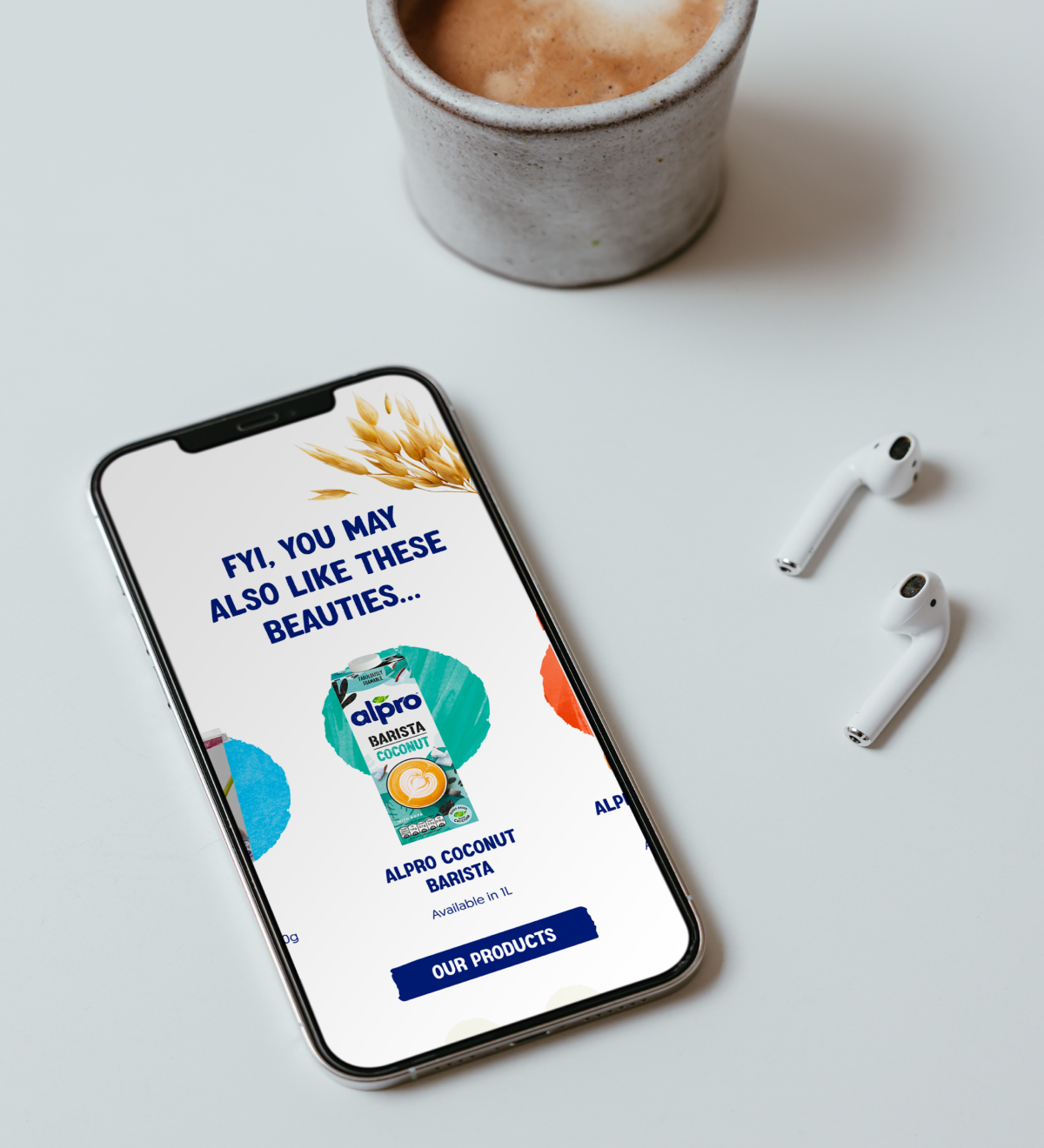July 21, 2025
3 min
Do You Even Need a Website in the AI Era?
 TK
TKThom KrupaCTO
It’s a fair question—especially if you don’t sell anything online. But even a static, content-only site matters more than ever.
AI tools like ChatGPT learn from public web content. If your brand isn’t online—or your site is outdated—you’re invisible in those conversations. Worse, your competitor becomes the source of truth. Your website is the one place you fully control. And with modern tools, it doesn’t need to be expensive or complex. You just need to right-size it.
We were recently pitching websites rebuilt for a publicly listed FMCG company. The scope was clear: migrate multiple brands from a legacy monolith to a modern, decoupled architecture.
Get in touch to learn more
At one point in the discussion, someone asked:
“Do we even need a website at all? We don’t sell anything online.”
No e-commerce. No SaaS. No user accounts. Just a traditional, content-only site. Mainly brand, product info, recipes, investor materials, and press releases.
It’s a valid question. With AI reshaping discovery and Google’s influence declining, it might seem like a corporate website is an outdated expense.
But that logic doesn’t hold up. Here’s why a content-only website still matters—arguably more than ever.
AI Models Learn from the Web and You Need to Be in the Data
People are increasingly skipping Google and asking ChatGPT or Perplexity for answers.
But those answers come from somewhere.
AI tools learn from snapshots of the public internet. Including your website.
If your company doesn’t have a site, it likely doesn’t show up in the training data. Which means AI won’t know you, won’t reference you, and can’t suggest your brand in conversations where it might otherwise be relevant.

And no, you won’t see this in your analytics. These scrapes happen once, silently, and then power downstream decisions. It’s invisible until you’re missing from the conversation.
AI Interfaces Are Only as Good as Their Sources
We're heading into a world where users interact with brands through summaries, voice interfaces, and LLMs.
But here’s the twist:
These systems don’t make up information (or at least they shouldn’t). They pull it from somewhere.
If your website doesn’t exist, or is outdated, you get left out. Or worse: your competitor’s content becomes the source of truth about your brand.
Your Website is the Only Channel You Fully Control
You don’t own your social media platforms. You don’t control how retailers describe your products. And you certainly can’t predict what people say about your brand on Reddit.
Your website is the one place where you control the story. End to end.
Especially for content-led sites, this means:
- Clear positioning, brand narrative, and product information
- Accurate messaging for media, analysts, or AI scrapers
- A single source of truth for everyone else to pull from
In a world where your content gets summarized, quoted, and reshaped by machines, your site becomes the reference point.
Want to go deeper?
We’re writing a full breakdown on how to increase your brand’s visibility and discoverability in the age of AI.
Join Newsletter
Subscribe to our newsletter to get it first.
Even a Static Site Builds Trust
Your website might not be where transactions happen. But it’s where validation does.
- Investors use it to check legitimacy
- Journalists use it to confirm details
- Job candidates use it to evaluate credibility
- AI models use it to learn what your brand is
A clean, up-to-date, content-only site still signals that your company is real, relevant, and operational.
Even a few well-maintained pages - company background, leadership, sustainability goals, and product lines are - highly beneficial.
Don’t pay $500k+/y for a License
If your website is content-only - no commerce, no user logins, no complex backend logic - then it shouldn’t cost millions to maintain.
But that’s exactly what happens with legacy platforms.
Systems like Sitecore can cost $500K+ per year just for the license. That doesn’t include hosting, development, or maintenance. And for companies with modest traffic and limited editorial needs, that’s wildly disproportionate.
Related Article
8 min read
Is Sitecore Still a Valid Choice for CMS in 2025?
 MS
MSMojtaba Seyedi
Modern alternatives (like headless CMS platforms, static site generators, and composable architectures) are:
- Significantly cheaper to run
- Easier for editors to use
- Faster to deploy and iterate on
- Easier to integrate with other tools
You don’t need to shut down the website. You just need to right-size it.
For most FMCG brands, that means moving away from monoliths toward lighter, modular, and cost-effective solutions.
We’ve done that for Alpro, Costa, Deliverect and many others. We can audit your setup too.
Final Thoughts
This isn’t about product pages, dashboards, logins, or e-commerce funnels.
It’s about content.
Even if your website isn’t a revenue channel, it’s a data source for AI, for search engines, for people doing research.
And that makes it a strategic asset. One you still need. One you own.
If you're serious about your brand and how it's represented in the age of AI, a content-driven website is non-negotiable.
Just don't build it like it's 2005.
Still think you don’t need a website?
Let’s build one that works quietly in the background—fueling AI, earning trust, and telling your story the way you want it told.
Authors
 TK
TKCo-founder of Bejamas. Focuses on helping people create faster and better websites and apps. Never bet against the Web.



